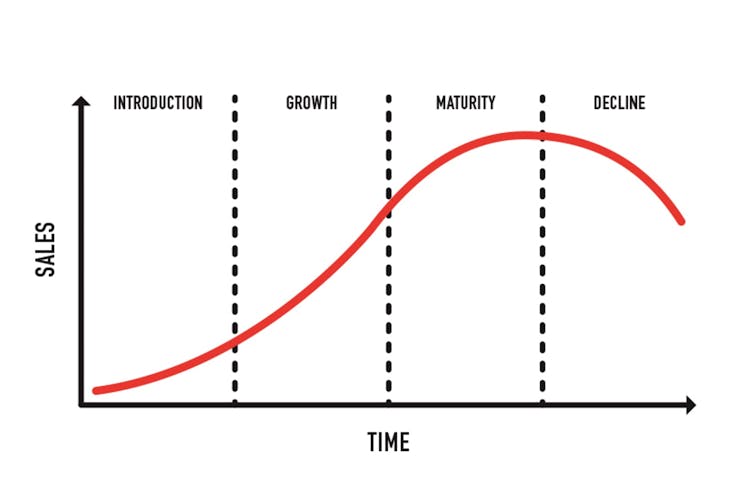Investment firm JP Morgan and technology tertiary institution RMIT both took home the award for LGBTQ Employee Network of the Year at the 2020 Australian LGBTQ Inclusion Awards held today at the Hyatt Regency in Sydney.
The 2020 Australian LGBTQ Inclusion Awards is Australia’s leading annual celebration of LGBTQ workplace inclusion. It is hosted by ACON’s Pride Inclusion Programs, the national not-for-profit LGBTQ inclusion support program for employers, sporting organisations and service providers.
Usually held in May, the awards luncheon was re-scheduled due to the coronavirus pandemic. A number of awards have already been presented at a previous virtual event in earlier in the year.
Among the awards announced today were individual honours for LGBTQ inclusion including Executive Leadership (Alicia Albury, Maddocks), Network Leader of the Year (Ben Brown, QBE and Nathan Eastwood, Clifford Chance) and Out Role Model of the Year (Cathy Gassick, Australian Federal Police).
RMIT University was also recognised for its work in trans and gender diverse inclusion. This follows RMIT being named Employer of the Year at the preliminary awards announcement earlier in June.
The awards are based on the results of the Australian Workplace Equality Index (AWEI) – which is now in its tenth year – and the second Health + Wellbeing Equality Index (HWEI). The AWEI and HWEI are rigorous and evidence-based benchmarking tools that annually assesses workplaces in the progress and impact of LGBTQ inclusion initiatives.
The awards also coincide with the release of Australia’s largest annual LGBTQ Inclusion Report that assesses the views of Australian employees from a wide variety of industries on LGBTQ inclusion initiatives within their workplaces and sports. This year the report features over 33,000 responses from employees and around 600 people involved in sport.
Dawn Hough, Director of ACON’s Pride Inclusion Programs, said she was excited to have been able to share all of the results of the indices and the wonderful achievements of various organisations in LGBTQ inclusion.
“This year marks an important milestone for the AWEI, as it celebrates its tenth anniversary. Over the past decade, we have seen incredible advancements in workplace diversity and inclusion. As we progress further, it remains critical that not only efforts are acknowledged and congratulated, but pressure continues to be applied to maintain and build upon what has been achieved,” Hough said.
“The employee survey that accompanied the AWEI elicited an incredible response, which underscores the importance of LGBTQ inclusion in the workplace.”
Highlights from this year’s survey results include significant support for LGBTQ inclusion amongst c-suite leaders within participating organisations; the visibility and positive impact of allies and LGBTQ inclusion on organisational culture in the workplace; and that LGBTQ inclusion training should be mandatory for all managers.
Discouraging findings included less people feeling comfortable to be out at work, with two of the main reasons being that it would not be accepted by some members of their team, or simply not being comfortable enough within themselves to be out at work.
Hough added: “The report also shows that LGBTQ people continue to be the target of negative







